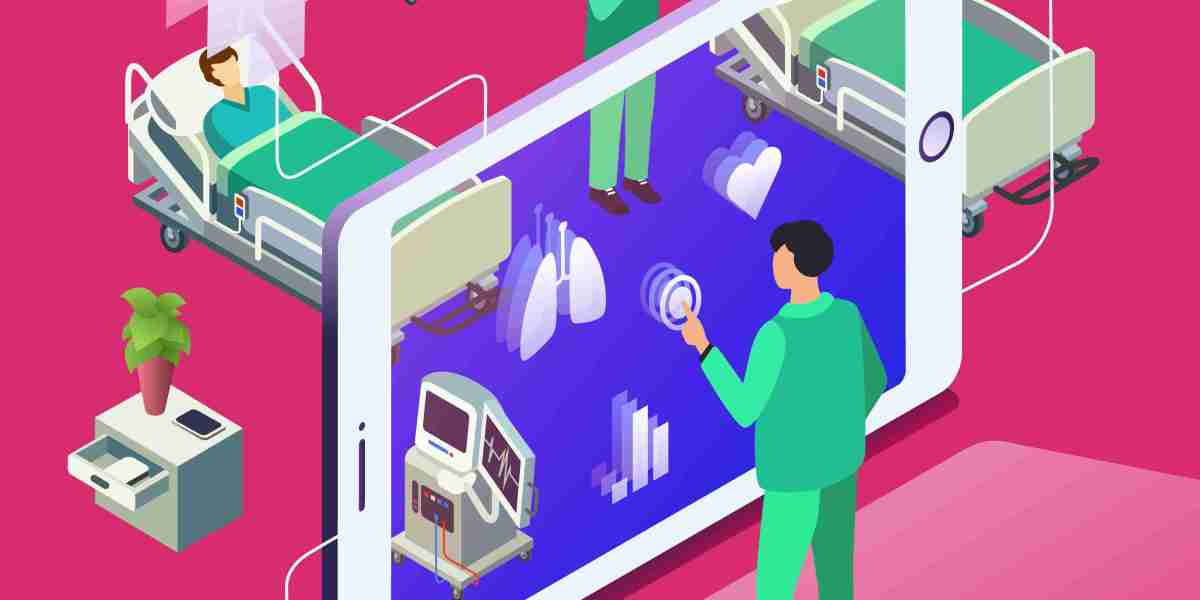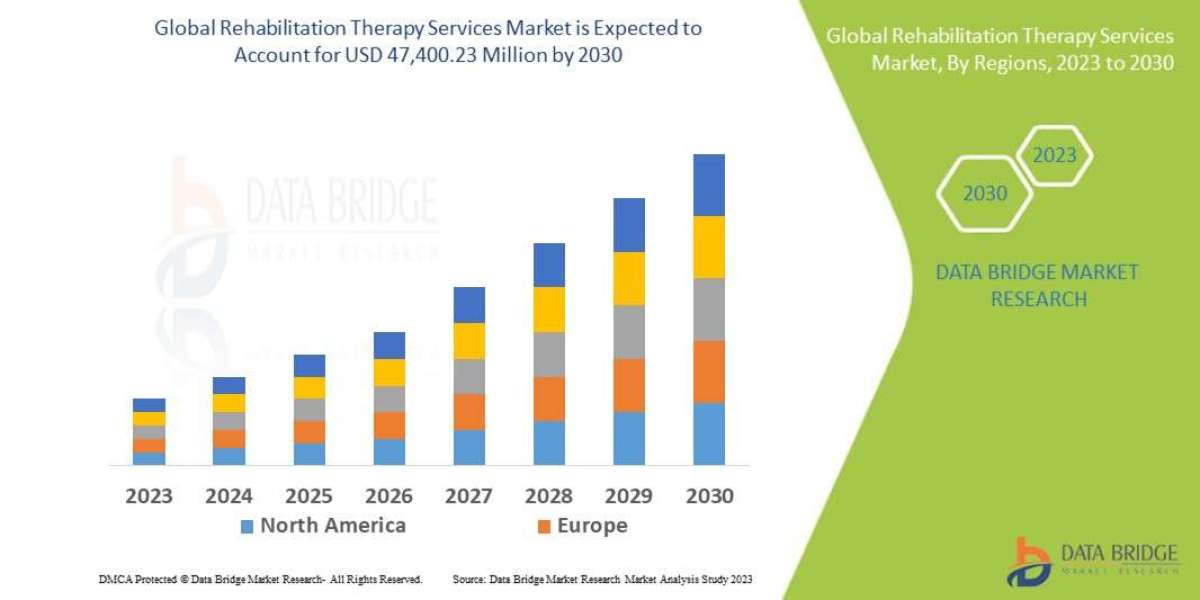In today's digital age, cloud computing has emerged as a game-changer across various sectors, and the healthcare industry is no exception. The integration of cloud technology into healthcare systems has ushered in a new era of efficiency, accessibility, and innovation. Let's delve into how cloud computing is reshaping the landscape of healthcare.
Enhanced Data Accessibility
One of the primary benefits of cloud computing in healthcare is the enhanced accessibility of patient data. With cloud-based electronic health records (EHRs), healthcare providers can securely store, manage, and access patient information from any location with an internet connection. This real-time access to comprehensive patient data facilitates more informed decision-making and improves the overall quality of care. Moreover, cloud-based platforms enable seamless collaboration among healthcare professionals, leading to better coordination of treatment plans and improved patient outcomes.
Cost Efficiency
Cloud computing offers significant cost savings for healthcare organizations by reducing the need for expensive on-premises IT infrastructure. With a pay-per-use model, healthcare providers can scale their computing resources based on demand, eliminating the need for large upfront investments in hardware and software. Additionally, cloud-based solutions provide greater flexibility, allowing healthcare organizations to adapt to changing requirements and allocate resources more efficiently.
Data Security and Compliance
Despite concerns about data security, cloud computing offers robust solutions for safeguarding sensitive patient information. Cloud service providers implement stringent security measures, including data encryption, access controls, and regular security audits, to protect against unauthorized access and data breaches. Moreover, cloud-based systems ensure compliance with healthcare regulations such as the Health Insurance Portability and Accountability Act (HIPAA), providing peace of mind for both healthcare providers and patients.
Telemedicine and Remote Patient Monitoring
The rise of telemedicine and remote patient monitoring has been accelerated by cloud computing technology. Cloud-based telehealth platforms enable healthcare providers to conduct virtual consultations, diagnose medical conditions, and prescribe treatments remotely. Additionally, cloud-connected medical devices allow for continuous monitoring of patient vitals, facilitating early detection of health issues and proactive intervention. These telehealth solutions not only improve access to healthcare services, especially in rural or underserved areas but also enhance patient engagement and adherence to treatment plans.
Advanced Analytics and Predictive Modeling
Cloud computing enables healthcare organizations to harness the power of big data analytics and predictive modeling to drive insights and improve patient outcomes. By analyzing large volumes of healthcare data, including patient records, diagnostic images, and genomic information, cloud-based analytics platforms can identify trends, patterns, and correlations that would be difficult to discern using traditional methods. Predictive modeling algorithms can forecast disease outbreaks, predict patient readmissions, and personalize treatment plans, ultimately leading to more effective healthcare interventions and cost savings.
Streamlined Operations
Cloud computing streamlines administrative and operational processes within healthcare organizations, leading to greater efficiency and productivity. By automating routine tasks such as appointment scheduling, billing, and claims processing, cloud-based systems free up valuable time for healthcare professionals to focus on patient care. Additionally, cloud-based solutions optimize resource allocation, reduce wait times, and minimize errors, resulting in improved patient satisfaction and organizational performance.
Challenges and Concerns
While the benefits of cloud computing in healthcare are undeniable, some challenges and concerns need to be addressed. Data privacy and security risks remain a top concern, particularly given the sensitivity of healthcare information and the increasing frequency of cyberattacks. Integration issues between disparate systems and platforms can hinder the seamless exchange of data and information sharing among healthcare providers. Moreover, ensuring compliance with complex regulatory requirements poses ongoing challenges for healthcare organizations adopting cloud-based solutions.
Future Trends
Looking ahead, the future of cloud computing in healthcare holds exciting possibilities for innovation and transformation. The adoption of artificial intelligence (AI) and machine learning algorithms will further enhance the capabilities of cloud-based analytics, enabling more accurate diagnosis, personalized treatment plans, and predictive health outcomes. Edge computing technologies, which process data closer to the source of generation, will enable real-time analysis of healthcare data and support applications such as remote monitoring and wearable devices. As cloud computing continues to evolve, we can expect to see continued advancements in healthcare delivery, improved patient outcomes, and a more connected and responsive healthcare ecosystem.
Conclusion
Cloud computing is revolutionizing the healthcare industry by providing enhanced data accessibility, cost efficiency, and security, facilitating telemedicine and remote patient monitoring, enabling advanced analytics and predictive modeling, streamlining operations, and driving innovation. While challenges and concerns exist, the transformative impact of cloud computing in healthcare is undeniable. As technology continues to evolve, healthcare organizations must embrace cloud-based solutions to meet the evolving needs of patients and providers, driving improvements in care delivery, patient outcomes, and population health.
One significant aspect of this transformation is the rise of cloud-based application development services. These services leverage the scalability, flexibility, and cost-effectiveness of cloud computing to streamline the development and deployment of applications across different platforms and devices. By harnessing the power of cloud infrastructure and services, businesses can accelerate the development lifecycle, reduce time-to-market, and lower operational costs.
FAQs (Frequently Asked Questions)
1. Is cloud computing secure for storing sensitive healthcare data?
Cloud computing offers robust security measures, including data encryption and access controls, to protect sensitive healthcare information from unauthorized access and data breaches.
2. How does cloud computing benefit telemedicine and remote patient monitoring?
Cloud-based telehealth platforms enable healthcare providers to conduct virtual consultations and monitor patient vitals remotely, improving access to healthcare services and enhancing patient engagement.
3. What are the challenges of integrating cloud-based solutions into existing healthcare systems?
Integration issues between disparate systems and platforms can hinder the seamless exchange of data and information sharing among healthcare providers, requiring careful planning and implementation strategies.
4. How can cloud computing support advanced analytics and predictive modeling in healthcare?
Cloud-based analytics platforms leverage big data and machine learning algorithms to analyze healthcare data, identify trends, and predict patient outcomes, leading to more effective interventions and personalized treatment plans.
5. What are the future trends in cloud computing for the healthcare industry?
The future of cloud computing in healthcare includes the adoption of AI, machine learning, and edge computing technologies



